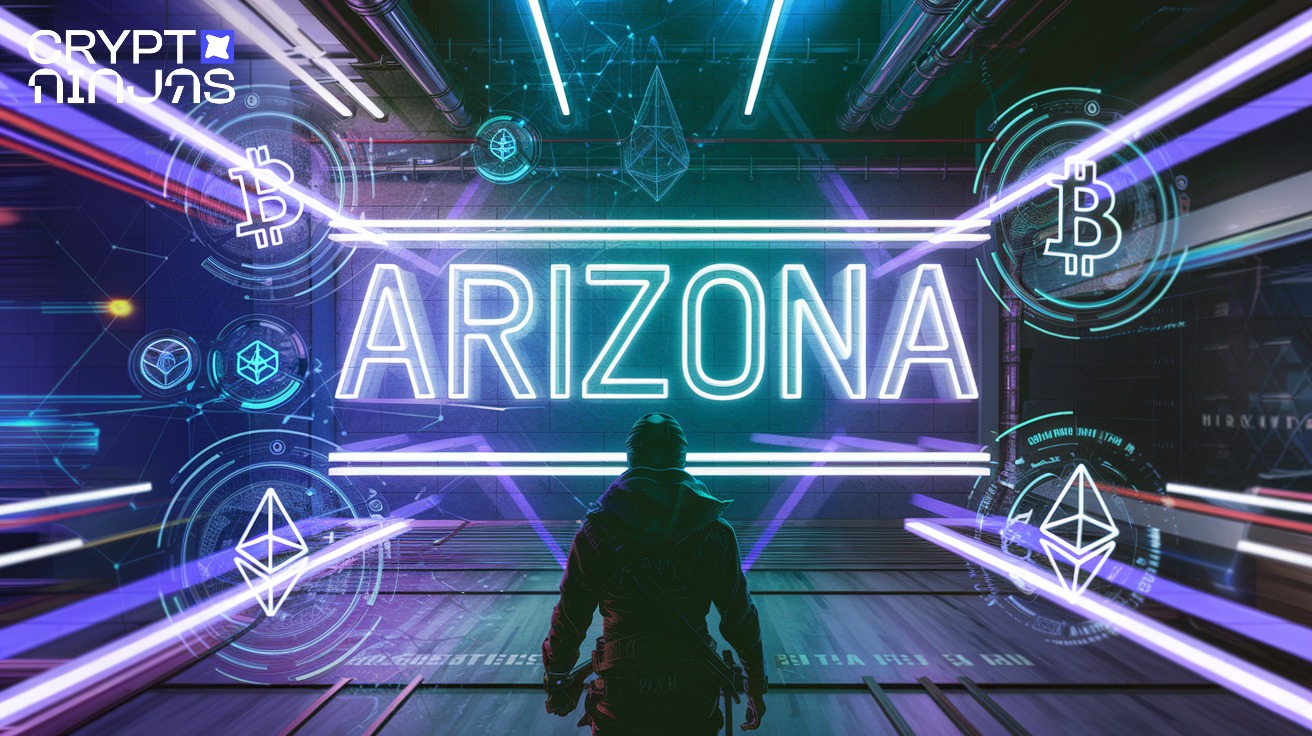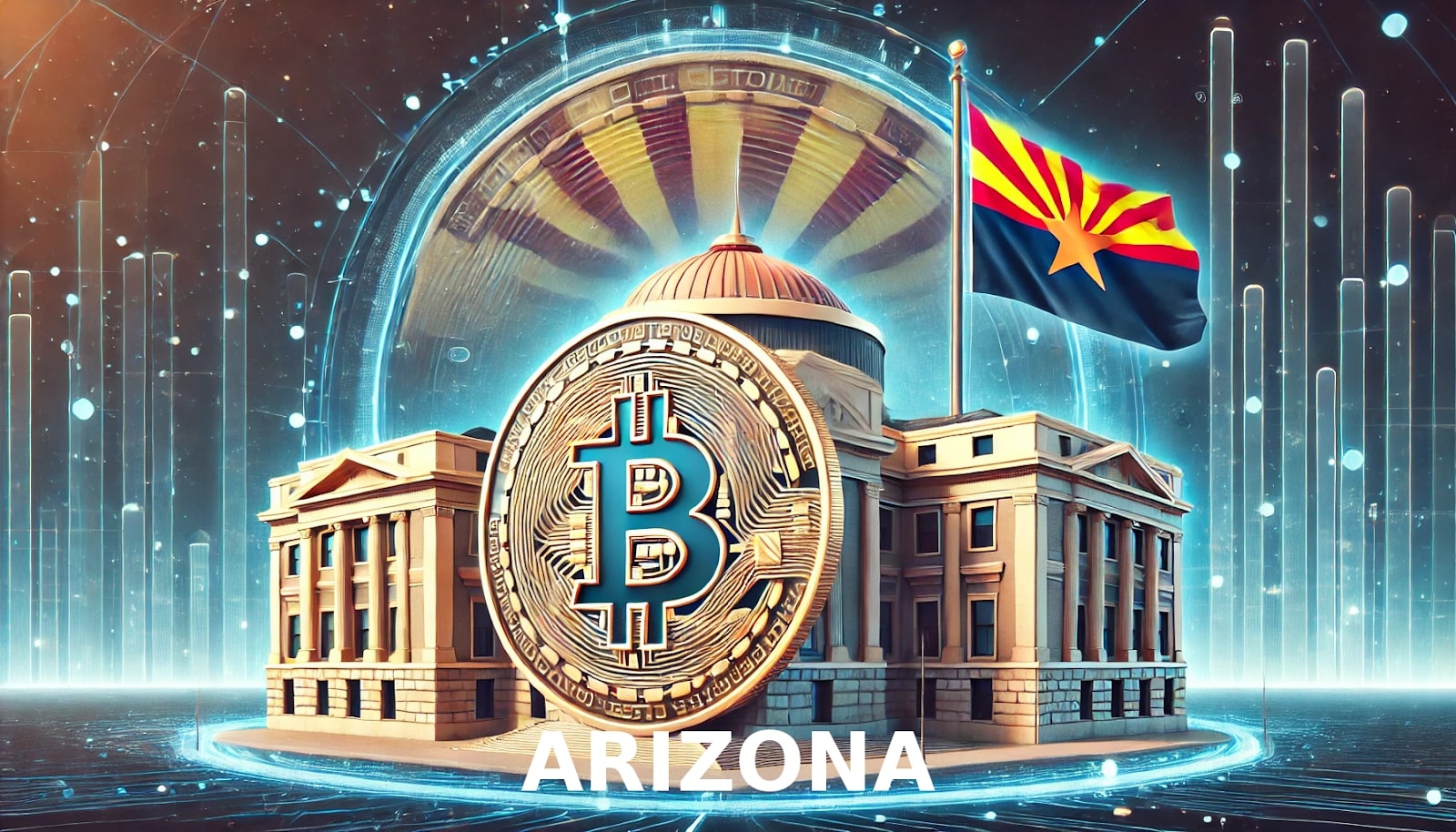
Landmark Invoice Defending Bitcoin Mining Rights Passes in Arizona
Key Takeaways:
- HB 2342 has handed the Arizona Senate, defending home-based Bitcoin miners and node operators.
- The measure preempts native zoning legal guidelines associated to digital asset actions.
- Protections over “computational energy” additionally apply to AI, cloud computing, and scientific analysis, for example.
Arizona Senate Passes Invoice Defending Bitcoin Mining, Node Operations
By taking this step, Arizona reinforces its help for blockchain innovation and particular person rights within the digital period. On April 10, the state Senate moved to approve Home Invoice 2342 (HB 2342), which seeks to guard folks operating private computing energy services — together with Bitcoin miners and blockchain node operators — from interference by native authorities. The invoice handed 17–12 and now awaits Governor Katie Hobbs’ signature to turn into legislation.
If signed into legislation, Arizona will be part of with solely a handful of different U.S. states which have clear, state-level protections for decentralized applied sciences comparable to Bitcoin mining, node validation, A.I., and scientific computing.
What HB 2342 Actually Means
In January 2025, Consultant Teresa Martinez launched HB 2342, which targets what it calls “computational energy.” Consequently, cities and counties will be unable to ban or restrict residents from operating blockchain nodes or, going ahead, mining digital belongings from residence, beneath this legislation.
Particularly, the invoice:
- Prevents native zoning legal guidelines from prohibiting folks from utilizing computational energy at residence.
- Defines computational energy broadly to incorporate AI, blockchain, cloud computing, and high-performance scientific analysis.
- After which declares regulation of those actions a statewide concern, making cities and counties powerless to manage them.
Granting authorized safety on this method may allow tech-savvy residents and entrepreneurs to function decentralized infrastructure with out worrying about native enforcement or shutdowns.
Extra Information: Kentucky Set to Develop into a Bitcoin Paradise as Landmark Self-Custody Invoice Clears Senate
Past Bitcoin: Implications for Tech and Innovation
Although the headlines are about Bitcoin mining, HB 2342 goes a lot, a lot additional. The invoice’s authorized definition of “computational energy,” as well as, would appear to allow the safety of many sorts of at-home tech work, starting from Ethereum validators to AI fashions operating on highly effective GPUs.
Authorized readability of this kind is especially crucial as the expansion of edge computing and decentralized infrastructure turn into increasingly more commonplace.


Arizona’s Robustly Crypto-Curious Stance
For the final a number of years, Arizona has been positioning itself as considered one of probably the most crypto-progressive states within the U.S. In 2022, whereas the Biden administration pushed forward with government orders geared toward federal crypto regulation, Arizona remained a state pursuing increased Bitcoin adoption.
Senator Wendy Rogers made waves earlier this yr by submitting a invoice to make Bitcoin authorized tender in Arizona, though that invoice didn’t move. The state’s willingness to think about such daring strikes alerts a coherent technique of seizing monetary and technological sovereignty.
The Arizona Senate additionally launched the Arizona Strategic Bitcoin Reserve Act (SB 1025) in January 2025 and the Strategic Digital Property Reserve Invoice (SB 1373). If enacted, these payments would allow Arizona to:
Make the most of Bitcoin (BTC) as considered one of its official reserve belongings:
- Use sovereign treasury or pension fund to put money into Bitcoin as much as 10% of state treasury.
- Make the most of confiscated cryptocurrencies to determine a state-controlled pool of digital belongings.
- Ought to Arizona ultimately move HB 2342 alongside the reserve payments, the state could lead the nation in adoption of crypto, each personally and institutionally.
State vs. Native Regulation: A Energy Shift
Maybe probably the most outstanding function of HB 2342 is its language relating to state preemption. The invoice clearly strips energy away from native jurisdictions — it’s a shift in how digital infrastructure is ruled.
Claims on behalf of Sections 9-500.42 and 11-269.22, Arizona Revised Statutes, will make it clear that no metropolis or county could stop, deter, or in any other case restrict an individual from lawfully acquiring or using computational energy of their residence. Legally talking, that places digital rights on par with different protected utilities and applied sciences.
Lawmakers emphasised that decentralized applied sciences are too important to be hindered by fragmented native guidelines. As a substitute of a direct quote, supporters typically felt innovation on the state degree is the important thing to attracting expertise and capital.
Extra Information: Crypto Reserve Standing Attracts Nearer for Arizona on Senate Confirmations



